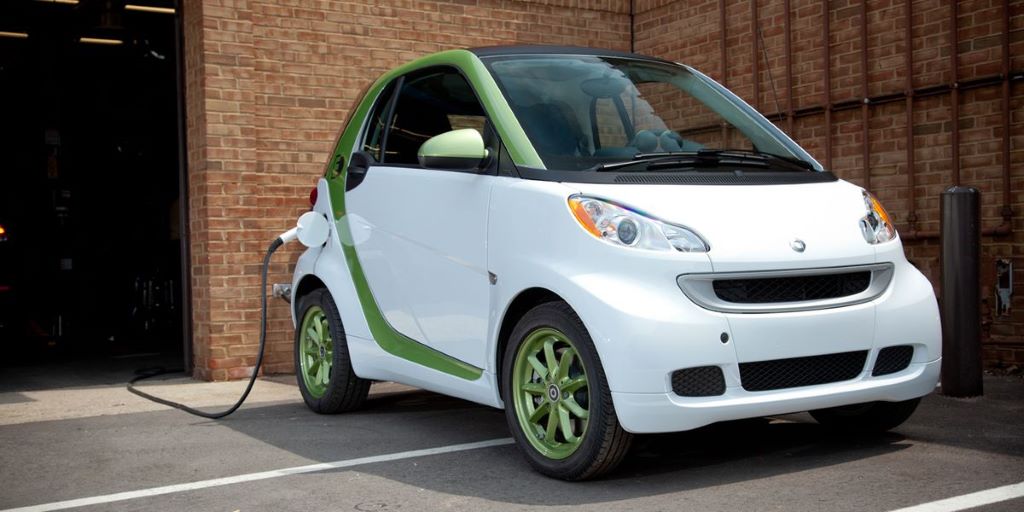When it comes to compact, eco-friendly vehicles, the Smart car often comes to mind. Known for its tiny frame and city-friendly design, the Smart car has gained popularity among urban drivers who prioritize parking convenience and fuel savings.
But just how efficient are Smart cars? How many miles per gallon (MPG) can you expect from them, and how do they compare with hybrids and electric vehicles?
In this guide, we’ll break down everything you need to know about Smart car fuel economy miles per gallon, model by model, and explore whether a Smart car is the right choice for you.
Smart Car Fuel Economy Miles Per Gallon: An Overview
The Smart Fortwo, the most popular Smart model in the U.S., has long been recognized for its fuel efficiency. Depending on the year and version, Smart cars typically deliver:
- 33–36 MPG in the city
- 38–45 MPG on the highway
- Average combined fuel economy of 36–40 MPG
These numbers put Smart cars ahead of many traditional gas-powered vehicles, though slightly behind modern hybrids.
Smart Fortwo Fuel Economy by Model Year
Smart Fortwo (Gasoline Models)
- 2008–2015 Smart Fortwo (1.0L 3-cylinder)
City: ~33 MPG
Highway: ~41 MPG
Combined: ~36 MPG
- 2016–2017 Smart Fortwo (Turbocharged 3-cylinder)
City: ~34 MPG
Highway: ~39 MPG
Combined: ~36 MPG
Smart Fortwo Electric Drive (EV Models)
- 2013–2017 Smart Fortwo Electric Drive
MPGe (miles per gallon equivalent): ~107 MPGe city / 93 MPGe highway
Range: ~58–70 miles per charge
While not technically gasoline-powered, the electric version highlights Smart’s push toward eco-friendly driving.
Factors That Affect Smart Car Fuel Economy
Like any vehicle, the fuel efficiency of a Smart car depends on several factors:
- Driving Habits
Aggressive acceleration and braking reduce MPG.
Smooth, consistent driving boosts efficiency.
- City vs. Highway Driving
Smart cars are optimized for city driving, making them great for short commutes and urban traffic.
- Maintenance
Proper tire pressure, oil changes, and regular servicing help maximize MPG.
- Weight Load
Carrying extra passengers or cargo reduces efficiency.
- Climate & AC Usage
Hot weather and heavy air-conditioning use can reduce MPG.
Smart Car Fuel Economy vs. Hybrids and EVs
Smart Car vs. Toyota Prius (Hybrid)
- Smart Fortwo: ~36 MPG combined
- Toyota Prius: ~52 MPG combined
Verdict: Hybrids like the Prius offer better MPG but are larger and more expensive.
Smart Car vs. Honda Civic (Gasoline Sedan)
- Smart Fortwo: ~36 MPG combined
- Honda Civic: ~32–36 MPG combined
Verdict: Comparable efficiency, though the Civic has more seating and cargo space.
Smart Car vs. Tesla Model 3 (Electric)
- Smart Fortwo Electric Drive: ~107 MPGe
- Tesla Model 3: ~132 MPGe, with 250–350 miles of range
Verdict: EVs like Tesla outperform Smart EVs in range and efficiency, but at a much higher cost.
Pros of Smart Car Fuel Economy
- Excellent City Mileage – Great for short trips and urban commutes.
- Eco-Friendly Options – Electric versions deliver strong MPGe.
- Affordable – Lower initial purchase price compared to hybrids and EVs.
- Compact Size – Easy parking and maneuverability in cities.
Cons of Smart Car Fuel Economy
- Not the Best Highway Performer – Fuel economy drops at higher speeds.
- Limited Seating & Cargo Space – Only 2 passengers and small storage.
- Discontinued in the U.S. – New models are hard to find; buyers rely on used or imported vehicles.
- Range Anxiety (EV Models) – Electric versions have limited mileage compared to modern EVs.
Smart Car Fuel Economy: Best Use Cases
Smart cars shine in specific scenarios:
- Urban commuters who need efficient city driving.
- College students looking for affordable, fuel-efficient cars.
- Environmentally conscious drivers choosing the Electric Drive model.
- Second car households need a convenient city runabout.
Maximizing Smart Car Fuel Economy
If you own or plan to own a Smart car, here are tips to get the most out of its fuel economy:
- Drive Smoothly – Avoid unnecessary acceleration and braking.
- Keep Tires Inflated – Under-inflated tires reduce MPG significantly.
- Reduce Weight – Travel light to improve efficiency.
- Use Eco Mode (if available) – Some models come with economy settings.
- Maintain Regular Service – Keep the engine and transmission tuned.
Conclusion
When evaluating Smart car fuel economy miles per gallon, the results are clear:
- Gas-powered Smart cars average 36–40 MPG, making them excellent for city use.
- Electric Smart cars deliver 93–107 MPGe, though with limited range.
- Compared to hybrids and EVs, Smart cars remain affordable, efficient, and convenient for urban drivers.
While no longer sold new in the U.S., Smart cars remain a popular choice on the used market for those seeking a compact, fuel-efficient solution for city driving.
FAQs
1. How many miles per gallon does a Smart car get?
On average, 36–40 MPG, depending on the model and driving conditions.
2. Are Smart cars good on gas?
Yes, they are among the most fuel-efficient gas cars for city driving.
3. How does the Smart Fortwo Electric Drive compare?
It averages 93–107 MPGe, but has a shorter range than modern EVs.
4. Why was the Smart car discontinued in the U.S.?
Declining sales and a shift toward SUVs and EVs led to its phase-out.
5. Is a Smart car worth buying for fuel economy?
Yes, if you prioritize city commuting, compact size, and efficiency.

